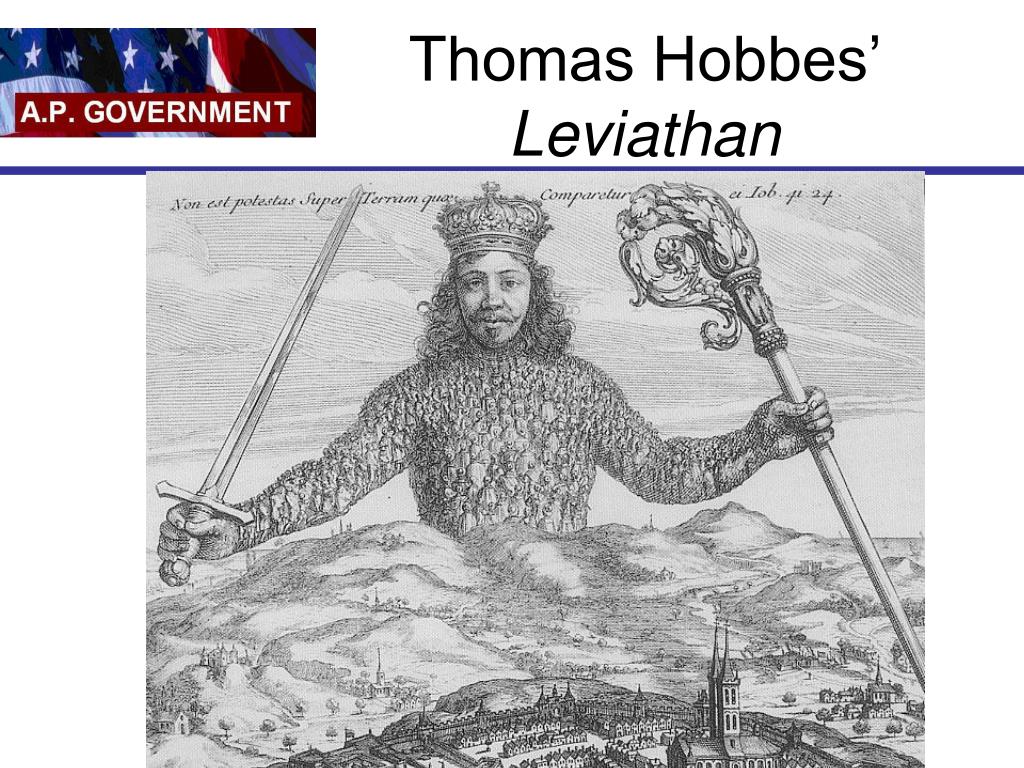
His argument is, roughly, that Hobbes should not be counted as a positivist since (contrary to the interpretation of Jean Hampton and others) he does not subscribe to the following theses (and particularly not the second), taken to be hallmarks of legal positivism: (1) the pedigree of a norm alone determines whether it is legally valid (2) the validity of a legal enactment in no way depends on its moral content. Murphy’s essay is perhaps the most interesting of these accounts. See also Boyle, James, “ Thomas Hobbes and the “Invented” Tradition of Legal Positivism: Reflections on Language, Power and Essentialism,” ( 1987) 135 U. The consensus that Hobbes was a legal positivist is by no means absolute: see, for example, Murphy, Liam, “ Was Hobbes a Legal Positivist?” ( 1995) 105 Ethics 846 Google Scholar also the discussion of religious as opposed to secular readings of Leviathan in Martinich, Aloysius, The Two Gods of Leviathan: Thomas Hobbes on Religion and Politics ( Cambridge: Cambridge University Press, 1992) CrossRef Google Scholar. This essay traces the developments which led to the narrowly analytical view of legal positivism, and argues that positivism is much better understood as a series of peculiarly potent reflections on the rule of law: Hobbes’s answers to the questions of social order and the authority of law are often highly unsatisfactory but it is his questions, rather than those of the modern positivists, which are most worth asking, and which should drive the legal philosopher.Ģ.

Such an understanding, it is contended, is only very indirectly related to the traditional concerns of the legal philosopher, and hence marginal to a rich and detailed view of law’s nature. Analytical positivism, by contrast, centres upon the possibility of descriptive neutrality: an essential property of law, it is felt, is that ascertainment of its content does not necessarily depend upon moral assessments of the purpose of value of legal rules. Positivism began, therefore, as an explanation of the basis of law’s authority within wider theories of social order: legal rules came to be seen as possessing authority not as the specific outcomes of broader moral precepts, but because they represent definitive, posited solutions to the problems of collective living. For Hobbes, legal positivism represented a decisive break with the intellectual tradition of common law scholarship which could no longer provide a satisfactory account of political authority.

Such an understanding of positivism, this essay argues, is both unfruitful and far removed from the concerns of the figure most often associated with the origins of the positivist tradition, Thomas Hobbes.


Legal positivism is often described as the view that there is no necessary relationship between law and moral values.


 0 kommentar(er)
0 kommentar(er)
